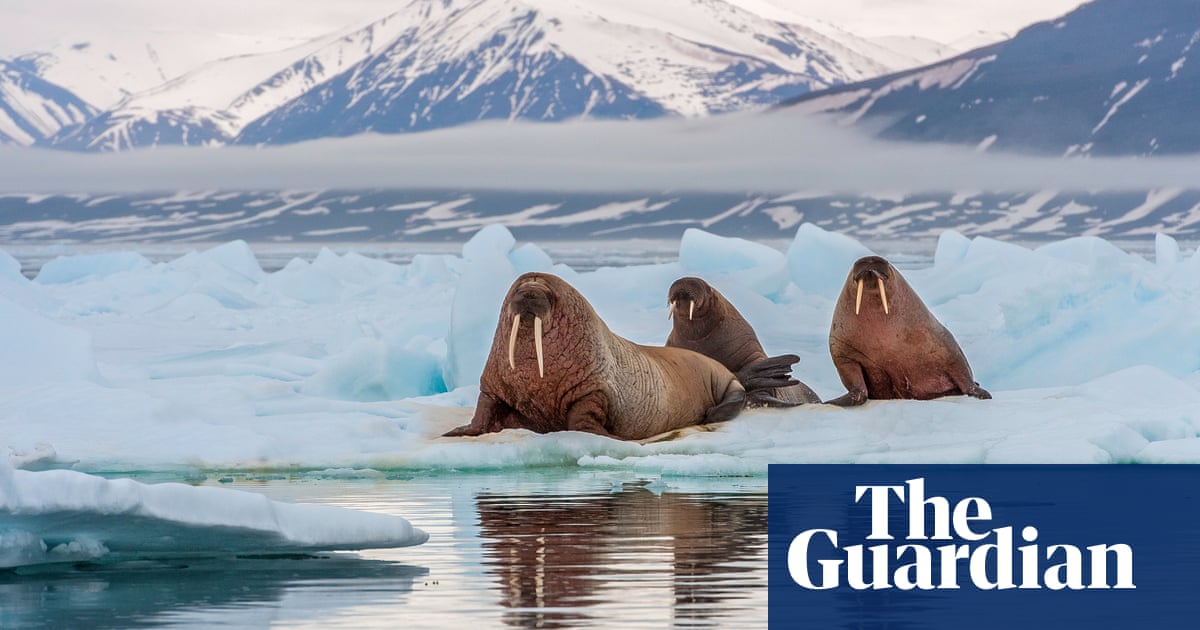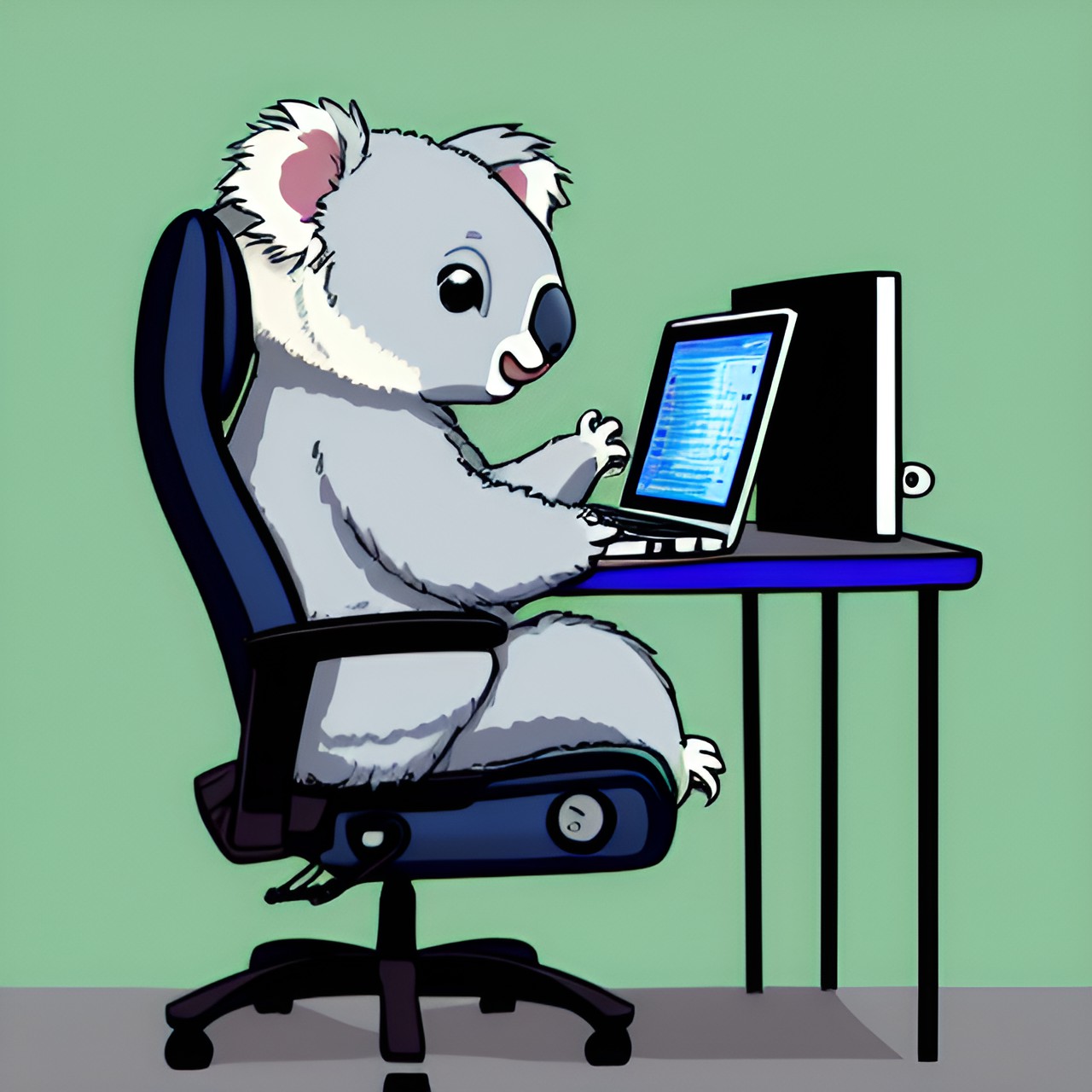- cross-posted to:
- world
- cross-posted to:
- world
Climate change wasn’t enough? We’ve figured out a new way to punish the animal kingdom for existing on the same planet as humans?
Capitalism creates monocultures which increasingly leads to issues like this.
If it keeps going like this it’s only a matter of time before the animal kingdom punishes us right back.
What has it got to do with humans?
Bird flu and quick spread of it is likely caused by massive poultry farms, human induced transfer by trade, and transference from contaminated boots combined with travel.
Viruses have been mutating and spreading around the planet long before human ancestors even existed. Infact, a significant part of our genome are old viruses. We wouldn’t exist as we do without viruses spreading and mutating
So? Does that at all invalidate the argument that humans have changed the way, speed and reach of viral infections and viral mutations? It’s like saying humans have always gathered in groups. Sure, but modern metropolitan areas come with their own challenges that differ from tribal cultures.
Poultry that has been bred in a way that reduces variety, with more on a certain square footage, with more being transported outside of their natural habitat and migratory range. The problem shouldn’t be exaggerated, but human influence shouldn’t be ignored.
This is probably the same strain that wiped out almost all of the seal and sea lion pups last year.
Bird flu is decimating seal colonies. Scientists don’t know how to stop it — AP NewsI did not realize there’s been a bird flu epidemic since 2020. I wish I were quicker to characterize my thoughts - it’s interesting that the animal kingdom has faced their own pandemic while humans had one, too. My thoughts range from solemn concerns to silly ‘Mother Earth decided to press the reset button’ jokes. I hope it mutates to be gentler, in the way that COVID has.
This is the best summary I could come up with:
The first case of a walrus dying from bird flu has been detected on one of Norway’s Arctic islands, a researcher has said.
The walrus was found last year on Hopen island in the Svalbard archipelago, Christian Lydersen, of the Norwegian Polar Institute, told AFP.
Frank Wong, a molecular microbiologist at the CSIRO Australian Animal Health Laboratory, said transmission to walrus was of significant concern to marine mammals.
Walrus, which can grow to a weight of two tonnes, eat mainly fish and shellfish, but sometimes also consume marine birds.
Lydersen said it was important to monitor developments as walrus tend to group together in summer months when the ice flow melts.
Thousands of marine mammals have died from bird flu viruses in South America, according to Antarctic researchers.
The original article contains 328 words, the summary contains 128 words. Saved 61%. I’m a bot and I’m open source!
seems exciting 😬



